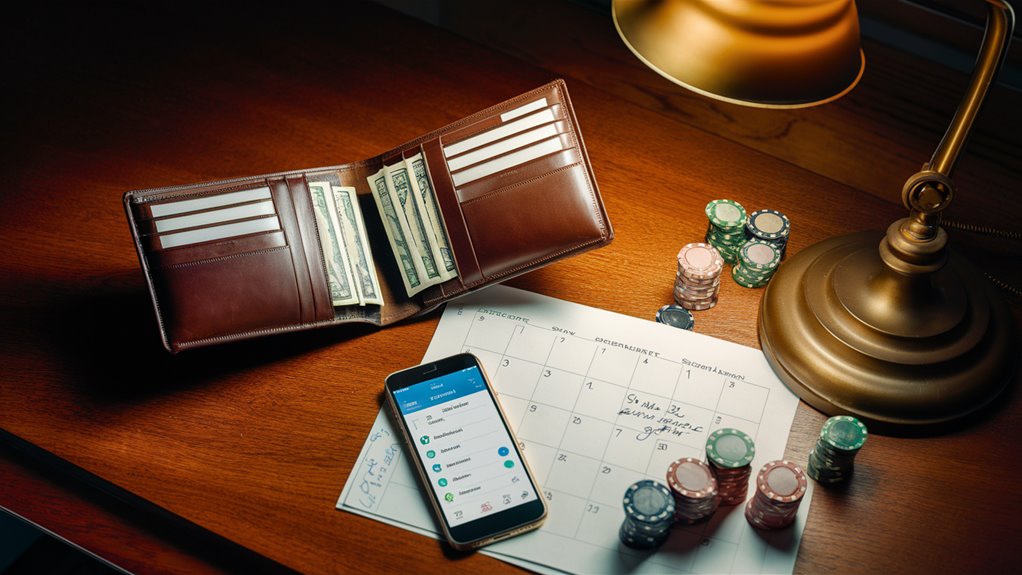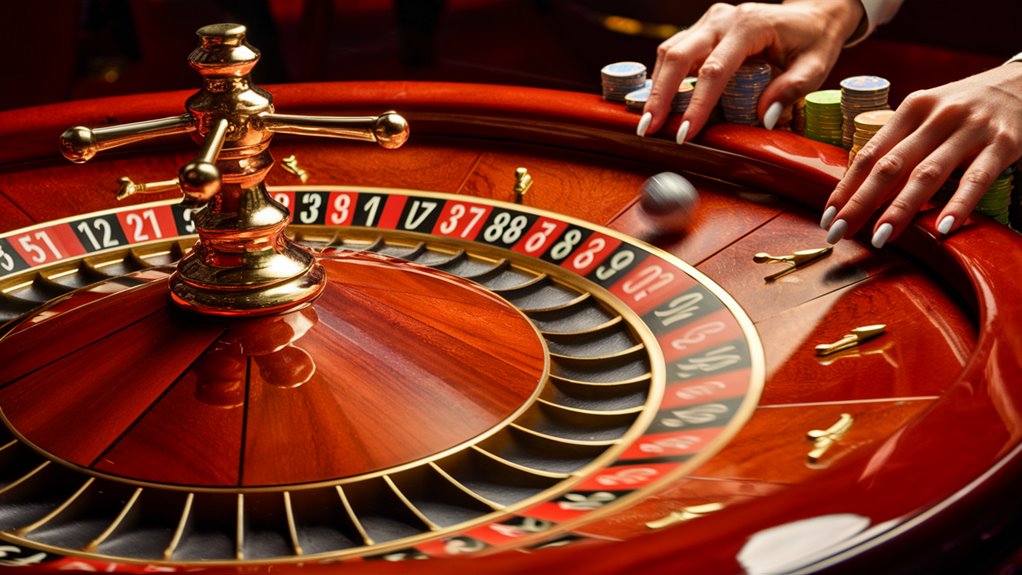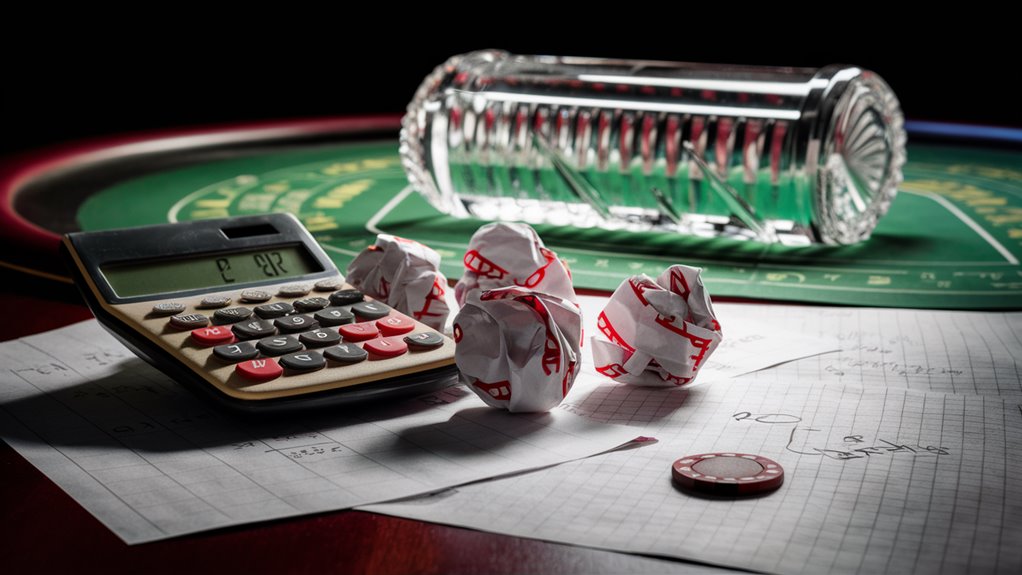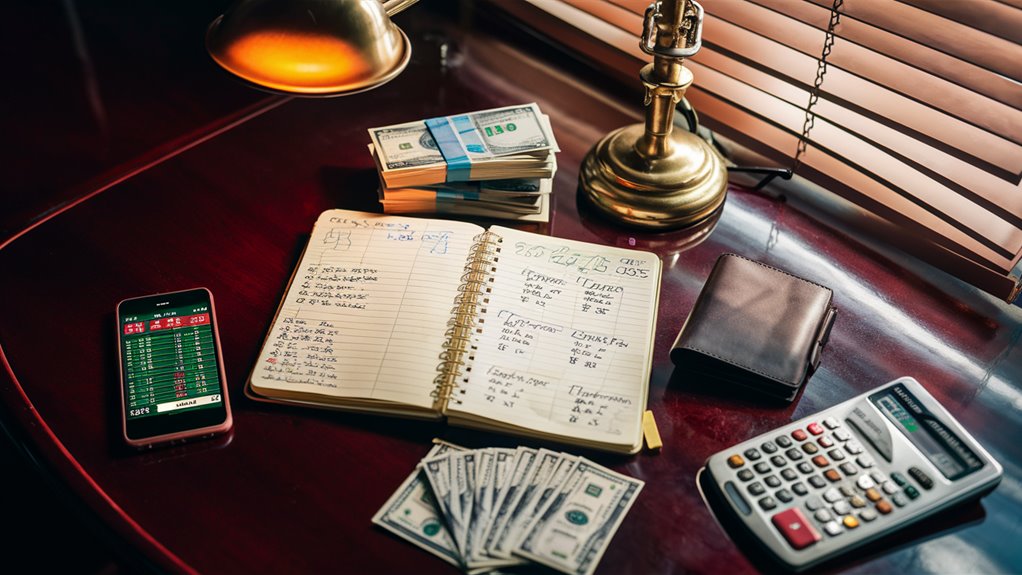How to Make and Keep a Gambling Budget
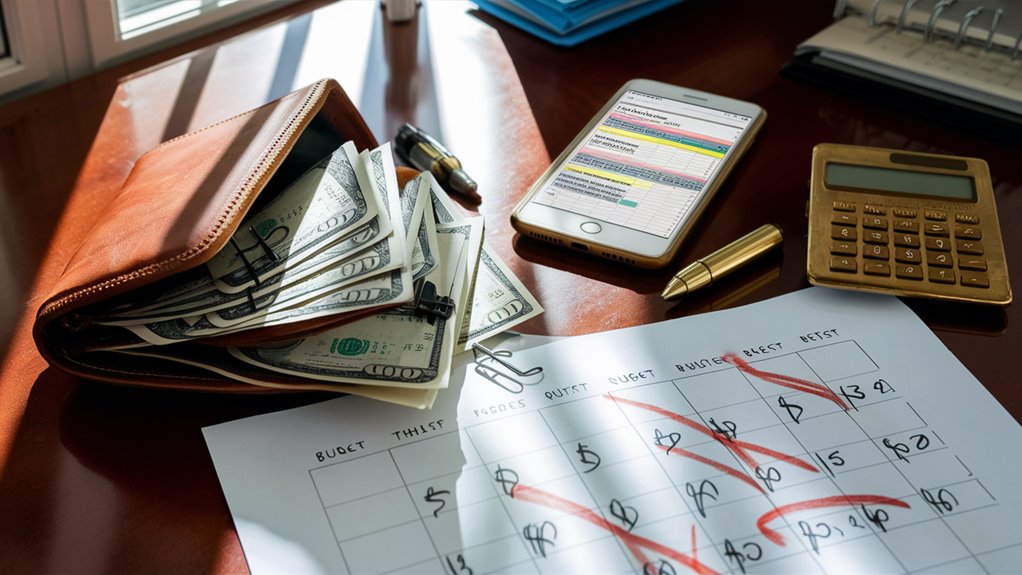
Setting Up Your Safe Gambling Budget
Creating a solid gambling budget begins with knowing how much money you have. Start with your full monthly pay and take out must-pay bills like house costs, lights and water, food, and getting around. Then, take out money you put into savings and for unexpected needs. What’s left is your spare cash – this is what you can use to gamble with. How to Use Free Bets to Your Advantage
Staying Safe With Spend Limits
Smart gambling advice says to use no more than 20-30% of spare cash for fun games. Set up a special gambling account to keep it away from your main money stash. Set up top-up limits and get alerts for how much you spend on gambling sites.
Control Your Budget
- Timers to watch how long you play
- Loss limits
- Logs of every bet you make
- Spending caps per day or week
- Warnings when your account is low
Better Money Skills
Get better at following your budget with these smart money moves:
- Set loss limits for each play time
- Keep track of wins and losses
- Write down all money uses
- Check how you gamble each month
- Change limits based on how well you do
Keeping Your Budget Over Time
Build a lasting gambling plan by often checking and changing your budget. Watch how you spend, look at your money goals, and keep gambling money separate from needed money. This planned way makes sure you play safe while keeping your cash safe too.
Figuring Out Your Monthly Spare Cash for Budgets
Understanding Money Coming In Each Month
- Money from your main job
- Money back from investments
- Rent money
- Money from a side job Why VIP Casino Programs Are Worth It
- Any other regular cash you get
Needed Monthly Costs
- House payments (rent/mortgage)
- Utility bills
- Insurance payments
- Loan payments
- Getting around costs
- Needed food
- Health bills
- Basic living needs
Key Financial Safety Steps
- Keep an emergency fund for 3-6 months of bills
- Save regularly for big future needs
- Plan for every few months or yearly costs
- Put money into retirement
Seeing Your True Spare Money
Your monthly spare money equals:
Total Monthly Cash – Needed Costs – Safety Steps = Spare Money
Keep track of this with a detailed money sheet to keep your records straight and change your budget when needed.
Review and update your spare cash work every few months to keep your cash safe.
Working Out Your Personal Loss Limits
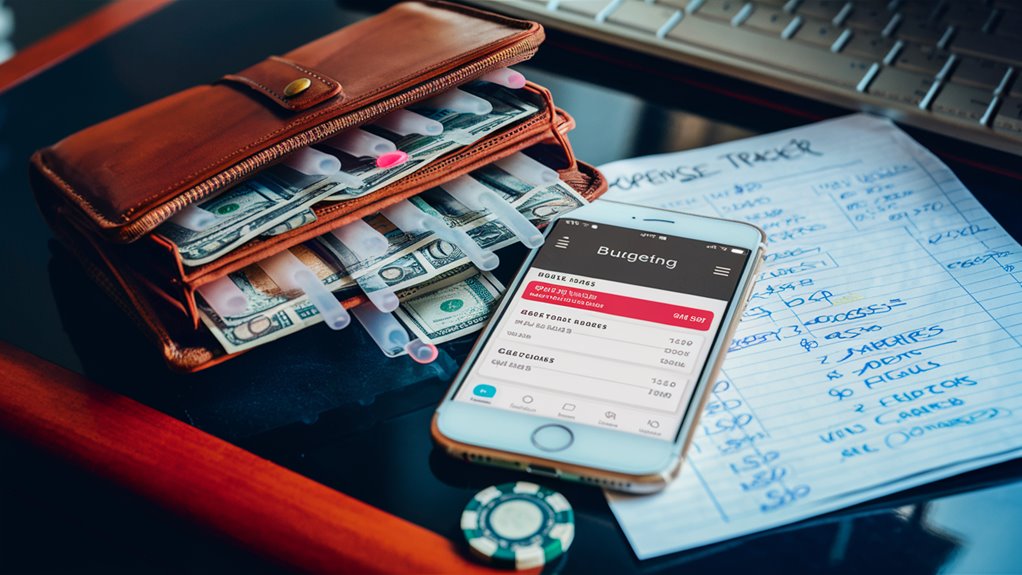
Understanding Your Money Risk Ability
Figuring out your loss limits means really looking at how much cash you can risk without hurting your cash safety or needed living costs. A good start is using 20-30% of your monthly spare cash for risky fun, but this should match what you’re okay with risking and how you feel about risks.
Looking Over Your Money Base
- Emergency cash status
- Monthly must-pays
- Big future savings goals
- Current debts
Setting Smart Loss Limits
Looking at Worst Money Risks
Think hard about the worst that could happen. Working out risk ability should make sure that the most you could lose wouldn’t mess with:
- Regular bill paying
- Keeping your living standard
- Covering basic costs 먹튀검증 공식 추천 확인하기
How You Feel About Risks
- Check stress at different loss points
- Find out where you feel okay with risks
- Look at what makes you worried about losing cash
Risk Plan That Grows with You
- Start with small risk cash
- Watch how you feel when you lose
- Raise limits slowly as you feel okay
- Keep firm with the limits you set
Keeping Your Cash Health
- Risk cash and needed money
- Short fun and big money goals
- Quick feelings and smart money plans
Your final loss limits should show both what you can handle and how you feel, putting long-term safety over fast chances.
Smart Gambling: Keeping Game Cash Away from Needed Money
Making Money Lines for Safe Play
Starting a gambling cash stash away from needed money is key to smart play. Make a stand-alone gambling account or pick a spot just for game cash totally away from your main money places. This careful split keeps needed cash safe for rent, lights, food, and basic living.
Not Using Risky Money Ways
Never use credit cards, loans, or quick cash options for gambling. These ways can start bad debt cycles and make losses bigger with extra costs. Think of your gambling budget like money for fun, just like when you go out to eat or see a movie.
Putting In Good Money Splits
Set up automatic shifts of your set gambling cash to a special account right when you get paid, before you sort out money for needed things. This plan stops sudden money choices during bad play times that might risk needed funds. Keeping a real or online split between gambling and needed accounts builds a safe wall that keeps to smart spending limits and supports lasting play habits.
Top Safety Moves
- Starting a gambling account
- Automatic money moves on payday
- Keeping game cash separate
- Staying true to your budget
- Seeing it as money for fun
How to Watch Gambling Money Moves Well
Needed Ways to Record Money Moves
Keeping full records of gambling matters a lot for safe play and handling cash. Set up a full watching system with either a special spreadsheet or gambling apps to see all your betting.
Write down important points like:
- When and where you bet
- Game details
- How much you bet and results
Writing Down Money Details
- Cash in and out
- Extra play money and deals
- Prizes and perks
- All wins and losses
Best Ways to Track Money
Do it Right Away
- Take photos of bet slips
- Keep digital money notes
- Write down when you played
- Note details about games
Looking at the Numbers
- Work out real win/loss numbers
- See your betting ways
- Watch how often you gamble
- Check if you’re following your budget
What You Must Write Down
- Showing on taxes
- Being honest with yourself
- Budget handling
- Looking at the stats
This planned way to track gambling cash helps make smart choices and play safe while keeping a close watch on your finances.
